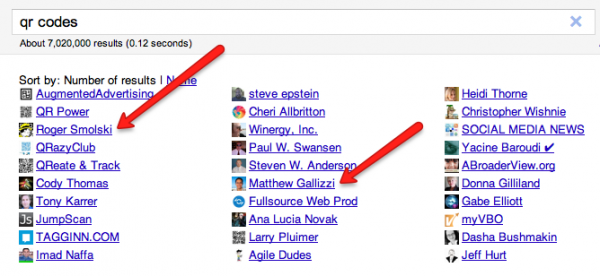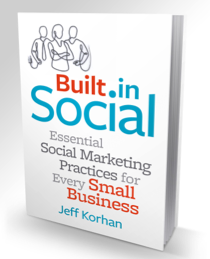You already know that serving up valuable content that gets consumed and shared is the primary way to have your site ranked higher by Google – especially if those inbound links are from other sites of authority.

Did you also know that Google interprets subtle signals that your site may be sending that could be working against your content marketing plan – effectively downgrading its SEO?
Everything Google and the other search engines do is designed to respond to web content as a human would – which is why you should learn to do the same.
According to a source from a redondo beach seo firm, to illustrate this, here are four considerations that you have probably never considered when evaluating your website – but that you will nevertheless recognize have merit and deserve your attention.
#1 – Is Your Site Uncluttered and Visually Appealing?
Many believe that if they use more of the services offered by Google, it will smile favorably on their site. One example of this is loading up your site with Google ads.
According to the SEO experts at SEOmoz, this is not a good idea.
It is essential to consider the user’s experience for real people. While Google is certainly happy to have you serving up their ads, you will be compensated for the clicks you deliver – and that comes from content that brings in more eyeballs.
If your site is overly cluttered with ads, they could not all be relevant to the content you are delivering. This is when it becomes evident to Google that the true purpose of your site is not primarily to deliver useful content – but to serve up ads.
As a result, it will get downgraded. I had the pleasure of having one of my close friends guide me through most of my learning when it comes to SEO. A Hartford Search Engine Optimization Expert can help take your business to the next level. It sure worked for me.
Ads are useful, and Google knows their ads will earn more clicks if they are associated with quality content. Focus on creating a favorable user experience for your audience. Google will reward you for it because they know their ads will earn more clicks as a result.
#2 – Is Your URL Excessively Lengthy?
Large corporations pay dearly to have a short and simple url for their primary site. Even tech start-ups do the same.
I recently interviewed Wajam’s CEO, Martin-Luc Archambault, for this article on social search. I was curious about the meaning of the company name. It turns out it has no meaning at all. It was one of many available dot.com urls that were short, with Wajam being the one that when tested against others proved to be memorable.
So, when it comes to SEO and urls – length matters. What also matters are things like hyphens in a url that suggest a copycat of the original. When choosing a url, Martin suggested a simple test. If it can be spoken and understood in a crowded bar, and therefore remembered, its probably a keeper.
#3 – Does Your Site Load Quickly?
There are many factors that affect the health of your site, and some of them are beyond your control – which may even include the site hosting itself. If you happen to be on a self-hosted WordPress site as I am, then you can choose your own hosting.
Do your own research as it is a competitive market. I read lots of comments from many forums and finally settled on InMotion Hosting – with whom I’ve been very pleased.
Beyond hosting, the most significant thing is the architecture of your site. Are there lots of images or videos on your home page? That alone will dramatically slow any site down.
A clean site loads faster – this includes business class hosting, solid architecture like Studiopress, and customization by a professional designer that understands code.
#4 – Is Your Site Following All of the Links That Follow You?
If you link to all of the sites that link to you then you are sending Google a signal that those are not earned links.
According to a Melbourne SEO expert, a site that has true authority does not have to practice link sharing. Think of this as like celebrities that only follow a few hundred folks on Twitter, but still have millions of followers. This is an indication that they have authority.
Contrary to what some believe, having several outbound links is not a problem. If you are linking to authoritative sites, such as valid experts, then those serve as reference points to experts – just as the bibliography of a book does.
They show Google that you’ve done your homework.
What All of This Means
Do these factors carry a lot of weight? No, not individually – but they are cumulative. There are so many factors that Google uses to rank sites – and they will give them different degrees of weight over time, as well as adding new parameters.
Think of SEO as the health of your site. One little thing is not going to make or break your health or SEO ranking, but over the long haul they do indeed eventually make a difference.
What are your thoughts? Does your site stand up well to some of these factors that correlate with a negative SEO?
Leave a comment below or share this with your social community.
Until tomorrow, Jeff





